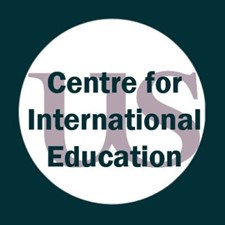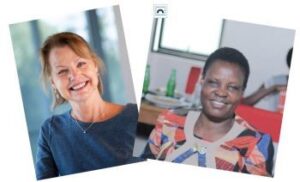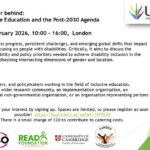
Monday 7 March 12:30 until 13:45
Online : Zoom: https://universityofsussex.zoom.us/j/97335918649 or Fulton Room 103
 Speaker: Professor Jo Westbrook, CIE and Margaret Baleeta, Bugema University, Uganda
Speaker: Professor Jo Westbrook, CIE and Margaret Baleeta, Bugema University, Uganda
Part of the series: CIE Research Cafés Spring Term 2022
Uganda’s ‘early exit’ language policy positions African languages ambiguously in public education provision. Runyoro-Rutooro and Runyankore-Rukiga are spoken in Western Uganda in public spaces where translanguaging happens as a matter of course.
These languages are heard at pre-primary and lower primary levels but are superseded by English from primary grade 4. Teachers speak Rutooro, Rukiga and English to varying degrees but must negotiate the different priorities stipulated by the policy within this linguistic landscape as they teach reading to multilingual children. In so doing teachers create linguistic synergies and disjunctures between home, community and school. This exerts a toll both on teachers and on students’ capabilities to become proficient in spoken and written local language and English in both the dynamic present, and in the imagined future. This paper reports from a small-scale qualitative cross-sectional study of synergies and disjunctures in language use as children learn to read in local language and English across home, Early Childhood Education and primary school in two sites in Western Uganda.
Findings suggest that mitigation of such cognitive wastage in young children by a ‘late-exit’ policy would support reading proficiency and encourage translanguaging practices, creating synergies with the wider, public use of Ugandan languages.

